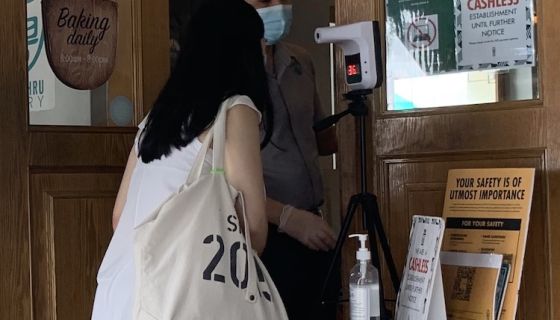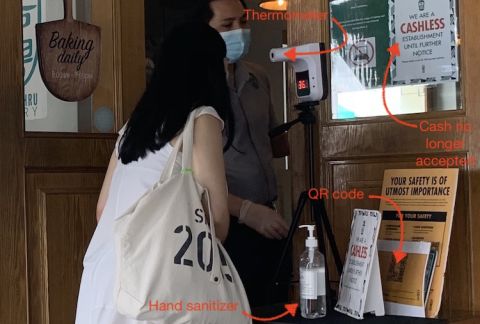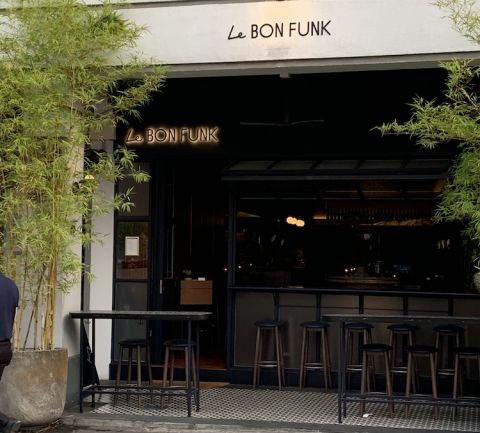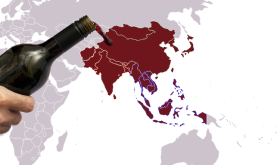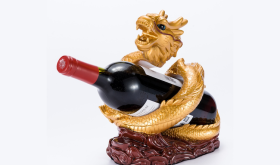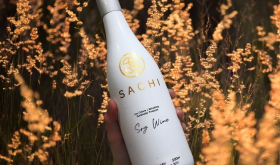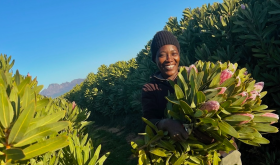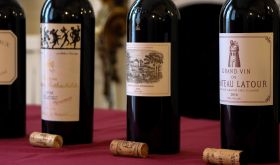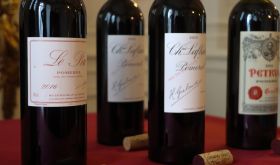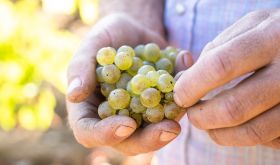After ten weeks of closure, Singapore’s hospitality sector reopened on 19 June. Having initially seemed to control the influx of COVID-19, the city state was forced to lock down for the first time on 7 April once infection statistics began their inexorable rise – and all wine consumption was immediately confined to the home.
(Incidentally, nine out of ten COVID-19 cases in Singapore are among the large population of migrant workers who power the city’s never-ending expansion. Most of them live in densely populated dormitories, where the virus is able to spread rapidly; however, because their principal employer is the construction industry, the majority of workers are young, physically fit males who are less susceptible to the disease. Mercifully, deaths from the disease remain low here – at the time of writing, numbering only 26.)
As countries around the world adapt to post-COVID life, Singapore provides a useful insight into how wine consumption has been affected both during and after the lockdown.
Rollercoaster retail
For wine retailers, lockdown was a volatile period. Managing director of 1855 The Bottle Shop J Z Lim reports that ‘the first week of April was probably our best in history as people were stocking up’. However, it wasn’t long before a combination of reduced foot traffic followed by mandatory store closures changed all that.
Like everything else, wine sales went online. Alice Wee, executive director of Wine Clique, experienced an increase in e-commerce sales, but states that ‘we were unable to report a total increase [during lockdown] as the revenue coming from the on-trade sector came to a grinding halt’.
One of the country’s largest fine-wine merchants Vinum ‘voluntary suspended deliveries for almost an entire month to play our part in flattening the curve by reducing exposure to our logistics/operations team, and of course clients’, according to trade sales and brand manager Pirom Phadoemchit (who described his seminal wine experience for us in 2018).
Whereas 1855, with less dependence on trade clients, was able to report ‘increased overall sales during the months of March to May’, Vinum witnessed ‘strong confidence’ from their customers when deliveries recommenced.
On-trade bouncing back in phase two?
Restaurants and bars have been allowed to reopen in what is called ‘phase two’ of reopening. Groups of up to five are allowed to sit together, but masks should be worn at all times when not eating or drinking, and a nationwide system of online check-ins has now become second nature.
Each venue displays a QR code with which customers can access the government’s SafeEntry portal, recording the time of everyone’s entry and exit into malls, shops, restaurants, public parks – absolutely everywhere. Since every resident has a national identification card, these data give a comprehensive record to allow for contact tracing, should it be needed.
Mason Ng, regional head of sommeliers at the upmarket wine bar Park90 (part of former Wine Advocate owner Soo Hoo Khoon Peng’s latest empire), says that ‘we can accept walk-ins provided they adhere to wearing face masks, temperature screening [and] checking in’. After the first week, their business has returned to pre-lockdown levels although he adds that ‘the vibe is extremely different’.
However, Alice Wee doubts that every on-trade venue will fare so well. ‘We see F&B businesses having to shut or downscale, and restrictions like five per table and alcohol consumption stopping at 10.30 pm are discouraging to the immediate outlook.’
One of Singapore’s most wine-centric chains is the Lo & Behold group, who run natural wine bar Le Bon Funk and three-Michelin-starred restaurant Odette among others. Group beverage manager Matthew Lamb confirms that ‘social distancing has certainly reduced capacity at most of our venues’, by up to 40% in some cases. However, they have also experienced a ‘large influx’ of reservation enquiries since phase two began.
Phadoemchit agrees that ‘many clients are eager to begin dining out again ... but buying from that part of the industry will likely only begin again in early/mid July as many are still sitting on inventory from pre-lockdown’.
The outlook from Park90 seems to confirm this, with Mason Ng reporting that a ‘usual Friday night would see us sell an average of 72 bottles. With new time restrictions, the number has dropped to around 50+ bottles, and last orders are usually done at 9.30 pm, with guests preferring not to order expensive bottles due to the time constraint.’
En primeur lifeline
The buoyancy of the recent Bordeaux 2019 en primeur campaign has been widely welcomed by Singaporean merchants during this otherwise uncertain period. According to Phadoemchit, ‘the aggressive pricing by châteaux coupled with a very strong vintage certainly gave a real boost of interest in en primeur and we even saw clients who were initially planning to sit out this year, decide to buy. The message was quite clear – if one ever thought about buying en primeur, this was the year to do so.’
Alice Wee also confirms that ‘Wine Clique had a very successful en primeur 2019 campaign this year. The only downside is the allocations released are way too tiny.’ Meanwhile, J Z Lim observes that for general wine retail, ‘foot traffic has been substantially lower than pre-lockdown levels as it seems many people are still working remotely and reluctant to leave home unnecessarily’.
Tourism and travel
As a global transport hub as well a popular retail and entertainment destination for the local region, Singapore has been noticeably quieter after COVID-19 annihilated tourism and business travel. Yet for the wine industry, this doesn’t seem to be fatal.
‘Tourist clientele do not make up a large proportion of our revenue as we do not operate a front-facing retail shop’, comments Phadoemchit. ‘However, we do have many clients that travel frequently to and from Singapore for work. If a travel ban continues, this of course will be a cause for concern as it reduces overall consumption. On the flip side, as clients were not able to travel for leisure or business, we believe that some of that budget was then diverted into wine buying.’
Both Park90 and 1855 The Bottle Shop are patronised mostly by locals, meaning that tourism does not have a significant impact. Matthew Lamb agrees that Lo & Behold venues are now able to ‘focus on local diners who have poured out a great deal of love and support’, although he concedes that ‘we’ve definitely felt the impact of the closed borders and will be glad when the travel restrictions are lifted’.
J Z Lim of 1855 goes further, stating that ‘inbound tourism will be absolutely critical to the revival of the on-trade sector’. As someone who opened a wine shop and restaurant at Jewel Changi (the mall connected to Singapore’s airport) in February 2020, he knows this only too well.
Trends
Around the world, pubs and restaurants are beginning to reopen, desperate to kick-start business yet still anxious about costs and unclear as to what the future holds. The first 19 days of Singapore’s reopened hospitality sector gives cause for cautious optimism, although the scale and level of government control here is not necessarily comparable with countries such as the UK and US.
Overall, consumption levels among wine lovers don’t seem to have dropped – if anything, the opposite is true, judging from the explosion of content which facilitates the sharing of wine online. But while a collective enthusiasm for wine may not have dipped, any sort of certainty about post-COVID life still seems a long way off.

